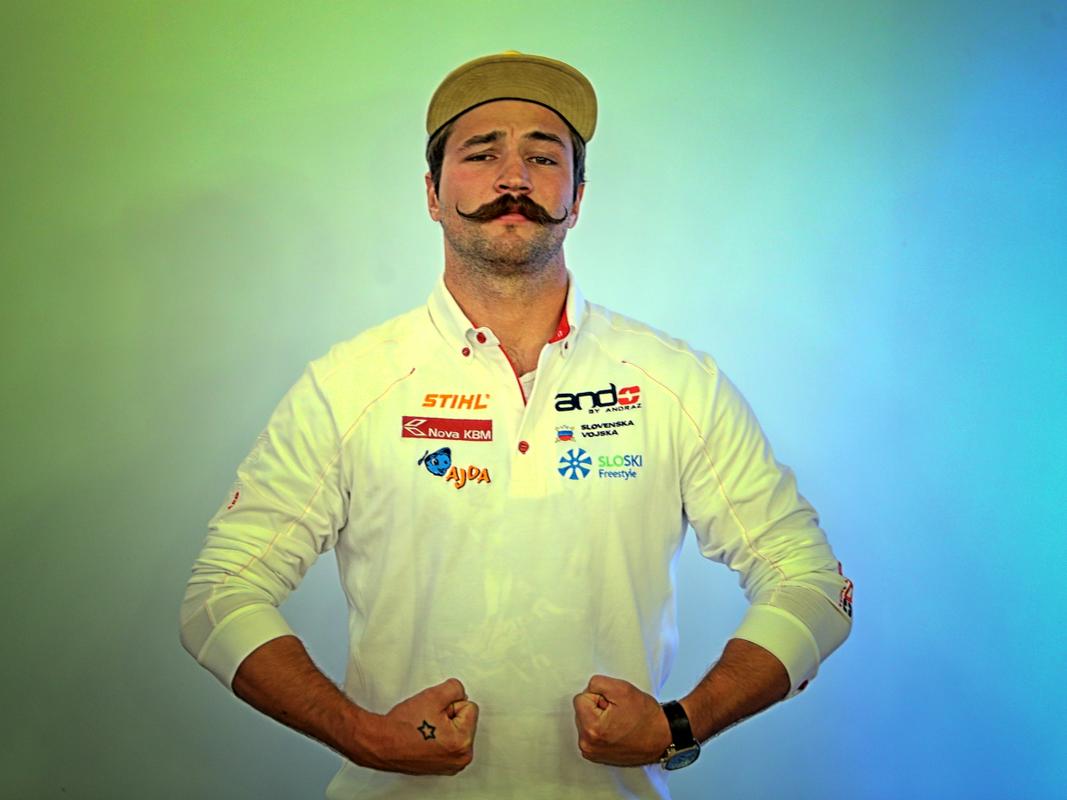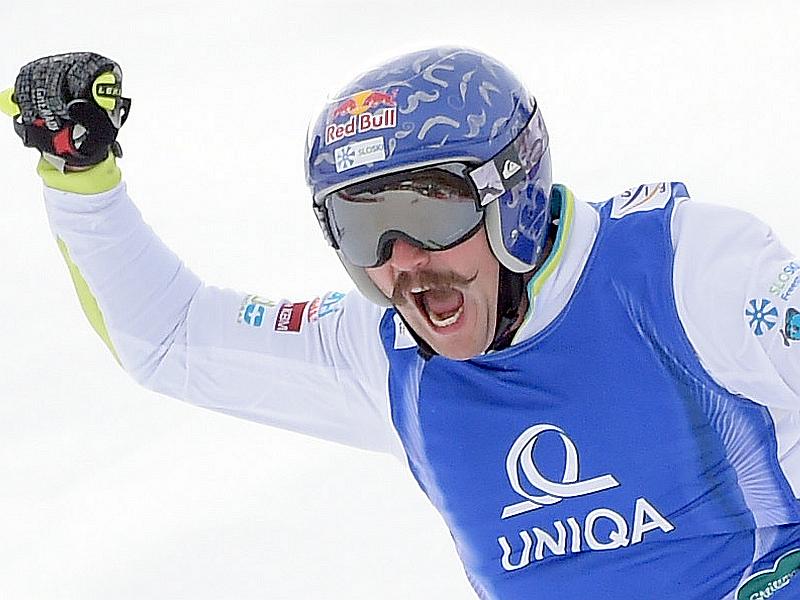

"It’s going great. If this is a crisis, may it continue to last," is what Flisar told us yesterday in his humourous style. He was on the Italian glacier Stelvio, completing the second stage of his preparations on snow. There is no need to worry about his physical condition. Flisar also used a bike for some serious training in order to get his "Pohorje ham" ("Pohorska šunka"), as he named his leg after winning the world championship title in Kreischberg last year, ready for this year’s ski cross world cup races.
In Stelvia you finished the second stage of your preparations on snow. How did you do and was the weather nice?
The weather was not bad and we had some really quality preparations in these five days. We’re really very adjustable. For example, in the mornings we practiced the giant slalom and the Super-G, while in the afternoons we practiced ski cross. We prepared two ski cross courses and it went really well. In short, if this is a crisis, may it continue to last.
It’s less than two months until the start of the new ski cross season, and you’ve only completed your second training on snow. Isn’t that too little?
I started a bit later with my preparations this year. I first went out on the snow in September, when I went through a nine-day training program. Because of the hot summer the conditions for training before that were not that good. Rather than quantity, I wish to focus more on quality. For now everything is great. In the summer I had great use of my bike. I competed in a downhill mountain bike race in the BMX category.
Why did you train so much with a bike?
The specifics of the sport are somewhat similar, with regards to joint starts, shoving, jumps. It impacts your self-confidence and helps for better physical preparation. I’m excellently prepared and I haven’t had any problems with injuries.
Are you also competitive in your everyday life, as you are on the skis or on the bike?
I am, but to a normal extent. I wouldn’t go play dodgeball with little children and keep hitting them with the ball in the head. But in everything I do I try to be good and pull out the most. That’s my primary quality; a quality which brought me here where I am.
You didn’t get off to a good start last season, but it didn’t matter at the end because you became world champion. Will you be ready to step on the winning podium from the very beginning of this year’s season?
My main goal this year is to find a stable team and a stable environment in which I can function normally. I don’t want to be under stress. I don’t want to fear that my whole logistical support can fall through if someone on my team gets injured. This season, when all that’s on offer is the Ski Cross World Cup, I want to set a good foundation for the future. I want to find out what’s needed for a good team until the Olympic Games. That will be more important for me than performing well at a certain number of races. But clearly, I do all this with the intention to be constantly good.
Tomaž Okorn; translated by K. J.


































































